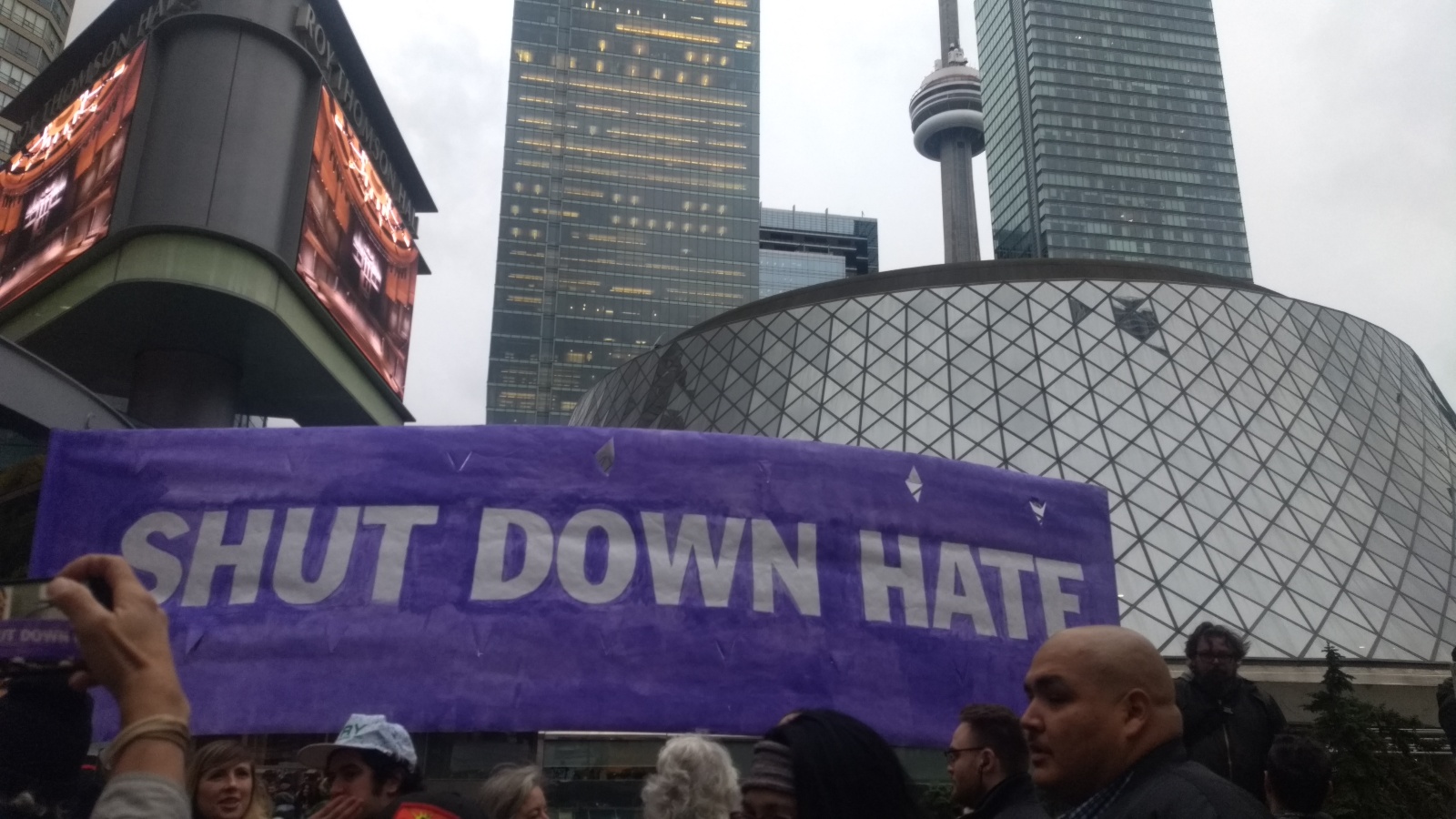A few interesting articles in the papers recently:
Globe and Mail: “To end poverty, guarantee everyone $20,000 a year. But are you willing to trust the poor?
This week, a House of Commons committee on poverty released a report proposing a guaranteed basic income for Canadians with disabilities, on the model already available to seniors. The Senate released a similar report this spring calling for a study of how it would work for all low-income Canadians.
In Quebec, a government task force went further, recommending a minimum guaranteed income starting at $12,000 for everyone in the province.
The article covers several promising case studies from all over the world. As a pessimist, I expect the moralistic middle class to react by shooting itself in the foot. Bootstraps!!1!!1, etc.
Globe and Mail: “Health of 400,000 ‘nearly homeless’ as dire as those on streets: study”
So far, [the researchers have] concluded that the biggest gulf in health outcomes is not between the homeless and the housed. Rather, it’s between those who have adequate housing and those who don’t.
Their lifespans are about seven to 10 years shorter than the general Canadian population, the study points out, citing previous research done in 2009.
Men in vulnerable housing situations have the same chance of living to age 75 as an average man in 1921 – before antibiotics were around. They’re more than twice as likely as the average Canadian to commit suicide.
Women in similar situations are as likely to survive to the age of 75 as an average woman living in Guatemala. They’re six times more likely to commit suicide than the average Canadian.
Toronto Star: Porter: “Linda Chamberlain’s job was making her broke”
As I mentioned on Twitter, even a part-time minimum wage job pays substantially more than social assistance. The “welfare trap” comes into play when someone’s on social assistance and working: half your pay is subtracted from your social assistance payments. And if you’re in subsidized housing, your rent is geared to your income—your gross income. Such is the case of Linda Chamberlain.
After three decades of battling schizophrenia and homelessness and poverty, Chamberlain finally got a job. She worked 2 ½ days a week as a peer support worker on the very floor where she once lived at the Centre for Mental Health and Addiction. It’d be hard to find a better success story.
Except, under the antediluvian web of provincial rules, she lost half of her paycheque to the government, while her rent-geared-to-income skyrocketed by 471 per cent.
The article notes that, when a panel of welfare experts recommended—among many other things—that rent-geared-to-income be calculated from net and not gross income, the Community and Social Services Minister shot it down. Because we’re in a recession. And we have to cut expenses—inevitably at the cost of the poorest, most vulnerable, and most marginalized.

